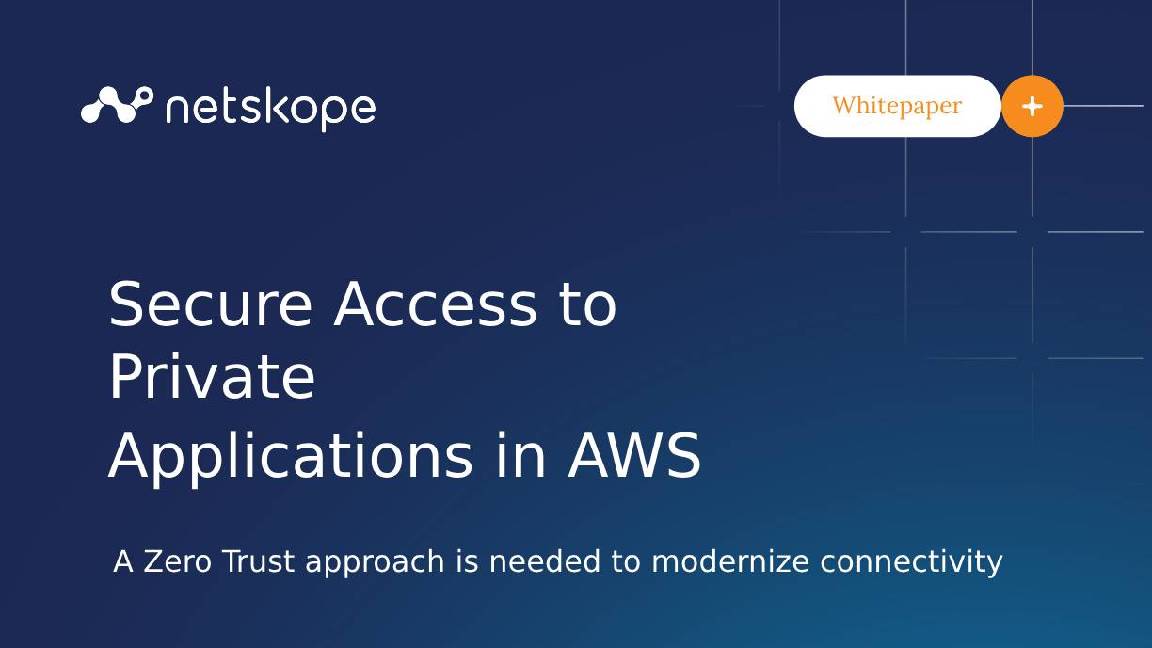Hackers are lying low in networks to wage critical infrastructure attacks - here’s how they do it
Hackers are researching key IT workers in their bid to gain access to vital systems


Hackers backed by China are breaking into the networks of US companies so they are able to launch destructive cyber attacks against critical infrastructure in the event of a major crisis or conflict.
In their attempts to gain access to systems the attackers are paying particular attention to network and IT staff who often hold the keys to the system.
The warning from the National Security Agency (NSA), FBI and the US Cybersecurity and Infrastructure Agency (CISA) is a remarkably detailed breakdown of how a Chinese state-backed group, known as Volt Typhoon, has compromised the networks of multiple critical infrastructure organizations across communications, energy, transportation systems, and water sectors.
The agencies said the hackers had maintained their access and footholds within some network for “at least” five years. Some victim companies are smaller organizations with few security skills, which provide critical services to larger organizations.
The hackers’ targets and behavior isn’t typical of cyber espionage or intelligence gathering operations, the agencies said – leading them to believe that the hackers are instead positioning themselves so they can disrupt operations across critical infrastructure in the event of potential geopolitical tensions or military conflicts with China.
What is striking about this is how careful they are and how much research they do.
According to the advisory, the Volt Typhoon group conducts extensive pre-compromise reconnaissance to learn about the target organization, its network, and its staff.
Get the ITPro daily newsletter
Sign up today and you will receive a free copy of our Future Focus 2025 report - the leading guidance on AI, cybersecurity and other IT challenges as per 700+ senior executives
That includes searches for network information and “especially for information on key network and IT administrators”. In some instances, the agencies said they had observed Volt Typhoon actors targeting the personal emails of key network and IT staff.
They said the hackers have been observed strategically targeting the web browsing data of network administrators, “focusing on both browsing history and stored credentials” to help them target personal email addresses for further information – for example to discover any possible network modifications that may impact the threat actor’s persistence within victim networks.
The reconnaissance the attackers conduct helps them to gain access and also helps them avoid scrutiny.
RELATED WHITEPAPER

“The intelligence gathered by Volt Typhoon actors is likely leveraged to enhance their operational security. For example, in some instances, Volt Typhoon actors may have abstained from using compromised credentials outside of normal working hours to avoid triggering security alerts on abnormal account activities,” the agencies said.
Targeting the accounts of IT staff is a common tactic for hackers because these accounts usually have much wider access than standard user accounts; this is why administrator accounts are usually more carefully protected by techniques such as multifactor authentication.
However, the level of research being done in these attacks reflects how this group is working to a different agenda to many others - and is a reminder to all organizations to make sure they have protection in place across these accounts.
The advisory said organizations should deliver security training tailored to network IT personnel/administrators and other key staff.
“For example, communicate that Volt Typhoon actors are known to target personal email accounts of IT staff, and encourage staff to protect their personal email accounts by using strong passwords and implementing MFA,” it said.
The advisory also gives more detail on how the hackers achieve their access to the networks and manage to stay hidden so long.
They gain initial access to the network by exploiting known or zero-day vulnerabilities in public-facing network appliances. These flaws might be in routers, virtual private networks and firewalls. After this they connect to the victim’s network via VPN for follow-on activities.
In particular, the hackers want to gain administrator credentials within the network. They often do this by exploiting privilege escalation vulnerabilities in the operating system or network services, or by stealing credentials unwisely stored on a public-facing network appliance.

The attackers try to find out more about the network including the “discreet extraction” of security event logs and the Active Directory database which contains data on user accounts, passwords in hashed form, and other sensitive data. They probably then use offline password cracking techniques to decipher these hashes, in order to gain further network access.
The agencies said the hackers are focused on gaining access to operational technology assets.
“This access enables potential disruptions, such as manipulating heating, ventilation, and air conditioning (HVAC) systems in server rooms or disrupting critical energy and water controls, leading to significant infrastructure failures (in some cases, Volt Typhoon actors had the capability to access camera surveillance systems at critical infrastructure facilities).”
The group is careful to stay hidden, limiting their activity after breaking inn, “suggesting their objective is to maintain persistence rather than immediate exploitation,” the advisory said, with the hackers revisiting targets over a number of years to confirm their access.
In one incident at an organization in the water industry, the attackers connected to the network via a VPN with administrator credentials they obtained and opened an RDP session with the same credentials to move laterally.
Over a nine-month period, they moved to a file server, a domain controller, an Oracle Management Server, and a VMware vCenter server. The aim was, most likely, to gain access to the nearby operational technology assets involved with water treatment.
Steve Ranger is an award-winning reporter and editor who writes about technology and business. Previously he was the editorial director at ZDNET and the editor of silicon.com.
-
 Bigger salaries, more burnout: Is the CISO role in crisis?
Bigger salaries, more burnout: Is the CISO role in crisis?In-depth CISOs are more stressed than ever before – but why is this and what can be done?
By Kate O'Flaherty Published
-
 Cheap cyber crime kits can be bought on the dark web for less than $25
Cheap cyber crime kits can be bought on the dark web for less than $25News Research from NordVPN shows phishing kits are now widely available on the dark web and via messaging apps like Telegram, and are often selling for less than $25.
By Emma Woollacott Published
-
 ASUS, Cisco, Netgear devices exploited in ongoing Chinese hacking campaign
ASUS, Cisco, Netgear devices exploited in ongoing Chinese hacking campaignNews Critical national infrastructure is the target of sustained attempts from state-sponsored hackers, according to Five Eyes advisories
By Ross Kelly Published
-
 US reveals bespoke tool that took down Russian malware operation
US reveals bespoke tool that took down Russian malware operationNews Snake had been used to steal NATO countries’ data for 20 years
By Rory Bathgate Published
-
 Move away from memory-unsafe languages like C and C++, NSA urges
Move away from memory-unsafe languages like C and C++, NSA urgesNews The US agency advises organisations to begin using languages like Rust, Java, and Swift
By Zach Marzouk Published
-
 US gov issues fresh warning over Russian threat to critical infrastructure
US gov issues fresh warning over Russian threat to critical infrastructureNews The FBI, NSA and CISA have urged network defenders to be on "heightened alert" for Russian cyber attacks
By Connor Jones Published
-
 NSA warns smartphone users of ‘large scale data tracking’
NSA warns smartphone users of ‘large scale data tracking’News Common features like Bluetooth and Wi-Fi can reveal sensitive details about users like their daily routines
By Keumars Afifi-Sabet Published
-
 NSA hands serious flaw to Microsoft rather than use it
NSA hands serious flaw to Microsoft rather than use itNews Patch Windows 10 now, as the NSA has spotted a bug impacting security certificates
By Nicole Kobie Published
-
 100GB of secret NSA data found on unsecured AWS S3 bucket
100GB of secret NSA data found on unsecured AWS S3 bucketNews The data related to a failed NSA cloud collaboration project
By Adam Shepherd Published
-
 Kaspersky claims pirated Office software was behind NSA exploit leak
Kaspersky claims pirated Office software was behind NSA exploit leakNews The company has released the early results of its investigation into the 2014 incident
By Adam Shepherd Published